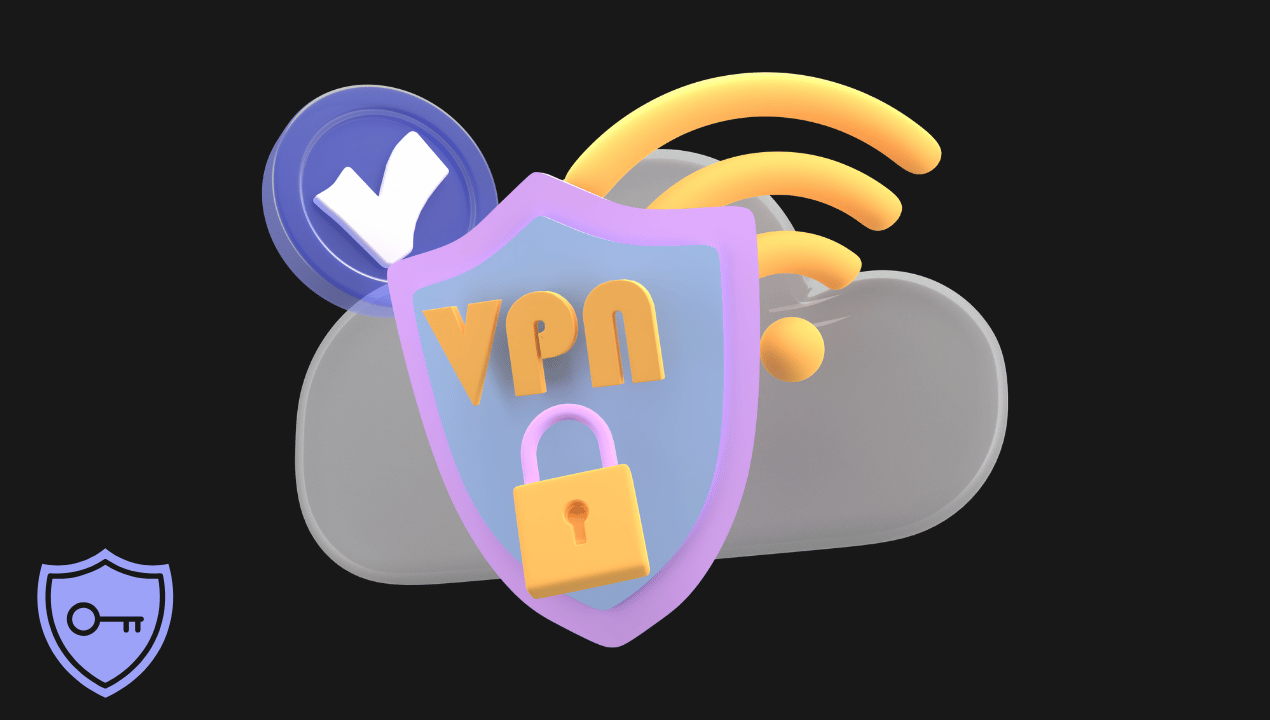Privacy isn’t just a buzzword—it’s a modern-day necessity. Whether you’re checking your bank account at a coffee shop or trying to watch geo-blocked content, a VPN (Virtual Private Network) offers a layer of protection and accessibility. But what about the free ones? In this article, we’ll explore, review and explain the question, are free VPNs worth it, with top advantages you need to know.
Is a free VPN truly worth using, or do they sacrifice too much in speed, privacy, or reliability?
This article breaks down what free VPNs do well, the hidden perks they offer, and when they’re a smart choice. If you’ve been skeptical or just unsure where they fit into your digital routine, you’ll walk away with clarity—not just opinions.
What Exactly Does a VPN Do?
A VPN encrypts your internet connection and routes it through a server in another location. This changes your IP address, masks your online activity, and gives you access to content otherwise restricted by region or network policies.
Whether free or paid, all VPNs aim to:
- Hide your IP address
- Prevent tracking from websites and ISPs
- Offer secure access to public Wi-Fi
- Bypass local firewalls or restrictions
That’s the baseline. What separates good VPNs—especially free ones—is how well they execute those features without compromising your data or speed.
Common Concerns About: Are Free VPNs Worth It? Top Advantages You Need to Know
Let’s address the elephant in the room: free VPNs have a bad reputation for good reason. Some log user data. Others throttle speeds to upsell you to their premium tier. A few even inject ads into your browsing session.
That said, not all free VPNs are inherently risky. The key is choosing a reputable provider and understanding what you’re trading in return for a free service.
Before we explore the advantages, here’s a quick look at what to watch for:
Red Flags to Avoid: Are Free VPNs Worth It? Top Advantages You Need to Know
- No privacy policy or vague legal terms
- Excessive permissions in mobile apps
- Unverified ownership (especially companies with no track record)
- Mandatory account creation for basic use
- Hidden malware or trackers
Use these as your litmus test. If a free VPN doesn’t pass them, it’s not worth any of your time—no matter what perks it claims.
Top Advantages of Using a Free VPN (When It’s the Right One)
Let’s assume you’re using a legitimate, secure free VPN—like ProtonVPN, Windscribe, or TunnelBear. Here are the real advantages that make these services surprisingly useful for everyday tasks.
1. Free Protection on Public Wi-Fi
Most people underestimate how vulnerable they are when connected to open networks. Whether you’re in a café, hotel, or airport, your data can be intercepted by anyone on the same network.
A quality free VPN encrypts your connection in real-time, which means:
- Passwords and logins stay private
- Hackers can’t sniff your activity
- Your banking or email sessions are secure, even on open Wi-Fi
For anyone traveling or working remotely, this benefit alone makes a free VPN worth it.
2. Bypass Basic Geo-Restrictions: Are Free VPNs Worth It? Top Advantages You Need to Know
Want to check your home news site or social feed while traveling abroad? Free VPNs can help.
Many free tiers allow you to switch your server location to another country. This gives you:
- Access to blocked websites or apps in restrictive regions
- The ability to view location-specific content or services
- A way to keep up with news or events in your native language
While they might not work on all streaming platforms (more on that later), they’re effective for basic regional access needs.
3. No Cost Barrier for Basic Privacy
Not everyone needs or can afford a premium VPN subscription. If you’re looking for basic privacy—like preventing your ISP from logging your browsing or avoiding algorithmic ad tracking—a free VPN can offer:
- Encrypted browsing without installing a full firewall
- Randomized IP addresses that limit tracking
- DNS leak protection on supported platforms
It’s a great introduction to online privacy tools, especially for students or light internet users.
4. Easy to Install and Use
Reputable free VPNs often invest heavily in user experience. That means:
- Simple one-click connections
- Auto-start and smart location pickers
- Available on mobile, desktop, and browser extensions
You don’t need to be a tech expert to set up a VPN that protects your session in seconds.
5. Ideal for Short-Term or Emergency Use: Are Free VPNs Worth It? Top Advantages You Need to Know
Free VPNs are ideal for:
- Connecting to an untrusted network once or twice
- Accessing a site blocked at school or work
- Quickly checking geo-specific content
If you only need VPN protection occasionally, there’s no need to lock into a monthly bill.
6. Low-Risk Trial Before Going Premium
Most reputable free VPNs are “freemium” versions of their paid offerings. Trying the free version first lets you:
- Test speed and reliability on your device
- Evaluate the user interface
- Understand limitations before paying
It’s essentially a trial period, without giving up your credit card details.
Popular Free VPNs and What They Offer
| VPN Provider | Monthly Bandwidth Limit | Server Locations | No-Logs Policy | Works on Streaming? |
|---|---|---|---|---|
| Vpnly | Unlimited | 20+ | Yes | Yes |
| ProtonVPN | Unlimited | 3+ | Yes | No |
| Windscribe | 10GB (up to 15GB w/ tweet) | 10+ | Yes | Sometimes |
| TunnelBear | 500MB | 20+ | Yes | Limited |
| Atlas VPN | Unlimited (with some speed caps) | 3 | Yes | No |
| Hide.me | 10GB | 5+ | Yes | Rarely |
Keep in mind: free VPNs often block high-bandwidth activities like torrenting or HD video streaming. For privacy and light usage, they’re effective. For heavy lifting, go premium.
Best Use Cases for Free VPNs
- Protecting devices while traveling
- Using public or hotel Wi-Fi securely
- Checking region-specific websites
- Evading content filters at school or work
- Getting a taste of VPN functionality before upgrading
These situations don’t require blazing speed or unlimited access—just basic security and anonymity.
When Free VPNs Might Not Be Enough
Even the best free VPNs have limits. If you need any of the following, you’ll likely need to invest:
- Streaming Netflix, Hulu, or BBC iPlayer
- High-speed gaming without latency
- Downloading large files or torrents
- Multiple device connections simultaneously
- Bypassing advanced censorship (e.g. in China or Iran)
In these cases, a paid VPN with a strong no-log policy and wide server access is the better route.
Final Verdict: Are Free VPNs Worth It?
Yes—for the right purpose. Free VPNs aren’t a replacement for premium services, but they serve a valuable role for millions of users who need casual privacy, lightweight encryption, or temporary IP masking.
The key is choosing a well-reviewed, transparent provider with a solid reputation and understanding the limits upfront. When used smartly, free VPNs give you control over your digital privacy without opening your wallet.








